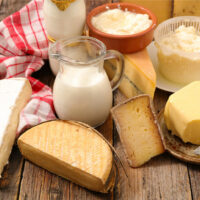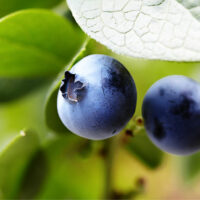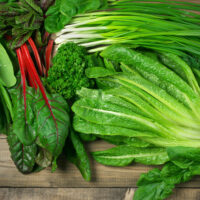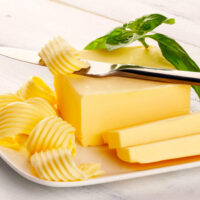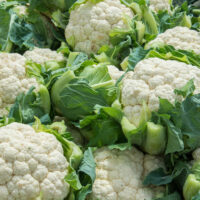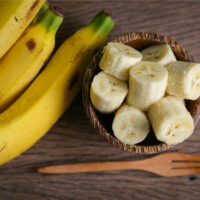
4 early warning signs of prostate cancer
Prostate cancer is the most common cancer among males in the country, and early diagnosis of the condition can improve treatment outcomes significantly. Some common symptoms include weak urine flow, blood in the urine, pain when urinating, swelling, and pain in the legs, hips, or pelvis. Prostate cancer can spread to other areas in its advanced stages, necessitating prompt treatment. People experiencing these symptoms must seek healthcare advice for an accurate diagnosis and appropriate treatment. Warning signs and symptoms of prostate cancer Prostate cancer develops from an abnormality in the growth of the prostate gland and plays a significant role in male fertility. Awareness of the symptoms and signs associated with prostate cancer is essential for people to detect any existing issues and seek immediate professional help. Some of the warning signs that indicate prostate cancer are listed below. Difficulty urinating Difficulty in urination can be a warning sign of prostate cancer. Signs include slow or irregular urine flow, the strain required to empty your bladder, and the feeling that something is amiss with your bladder. If one experiences these symptoms, seek expert help immediately, as they could indicate an issue with one’s prostate gland or another part of the urinary tract.
Read More. 